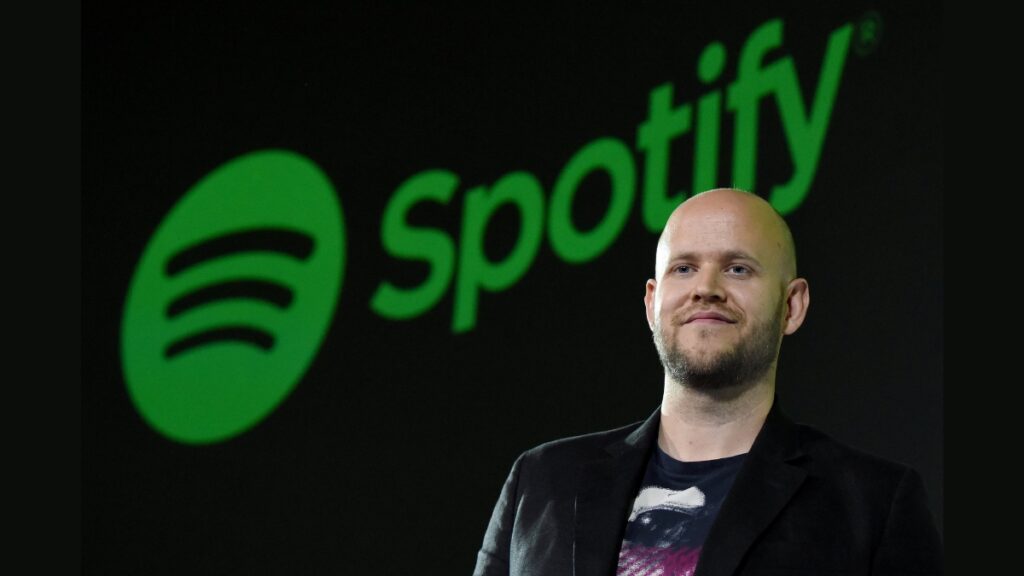New Delhi: Spotify is undergoing its third round of layoffs this year, eliminating approximately 17% of its workforce as part of an effort to enhance productivity and efficiency. Despite previous cost-cutting measures, Spotify’s CEO, Daniel Ek, noted that the company is still spending excessively, citing slower economic growth and increased interest rates as contributing factors.
In a 1,000-word letter to staff, Ek emphasized the necessity for Spotify to be relentlessly resourceful in its operations, innovation, and problem-solving, stating that being lean is not just an option but a necessity for the company’s future success.
The music streaming giant, like other tech companies, expanded during the pandemic, nearly doubling its headcount to over 8,000 employees through hiring and acquisitions. However, with investors prioritizing profitability over growth, Spotify is scaling back on its $1 billion podcasting initiative, which includes layoffs earlier in the year. Notably, the company continues to support prominent podcasters such as Joe Rogan, Alex Cooper, and Emma Chamberlain while discontinuing some shows, including Meghan Markle’s “Archetypes.”
Facing a 462 million euro loss (approximately $503 million) in the first nine months of the year, Spotify is striving to find a balance between investments in emerging areas like its growing ad business and the imperative to achieve consistent profitability. The company is also focusing on its audiobook offering, which was recently introduced to subscribers in the U.S.
Last year, during its first investor day post-IPO, Ek outlined ambitious growth targets, including generating $100 billion in revenue by 2030 and reaching profitability by 2024. With increased investor pressure to meet these goals, Spotify is implementing further cost-cutting measures through layoffs, expecting this round to expedite its path to profitability.
In a letter to employees, Ek acknowledged the departure of many smart, talented, and hard-working individuals, expressing gratitude for their contributions to the company. Employees affected by the layoffs will receive an average of five months of severance pay.
Spotify’s CFO, Paul Vogel, clarified that a leaner structure will change how employees work, allowing the company to reinvest profits into the business strategically. He emphasized that being lean does not signify small ambitions, and future spending will be more deliberate, focusing on areas that drive the most growth.
Despite challenges, Spotify posted a surprise profit in the third quarter, along with stronger-than-expected subscriber and user growth. The company raised subscription prices in major markets over the summer, a move that did not result in higher customer churn.
Globally, various industries, including the tech sector with companies like Amazon, Google, Meta, Twitter, and Netflix, have witnessed significant layoffs this year due to economic volatility, higher interest rates, and evolving consumer patterns, contributing to widespread economic unease among employees.





